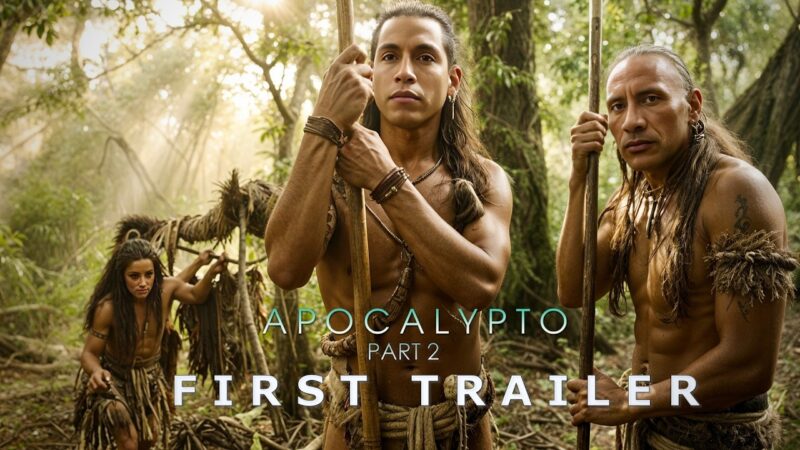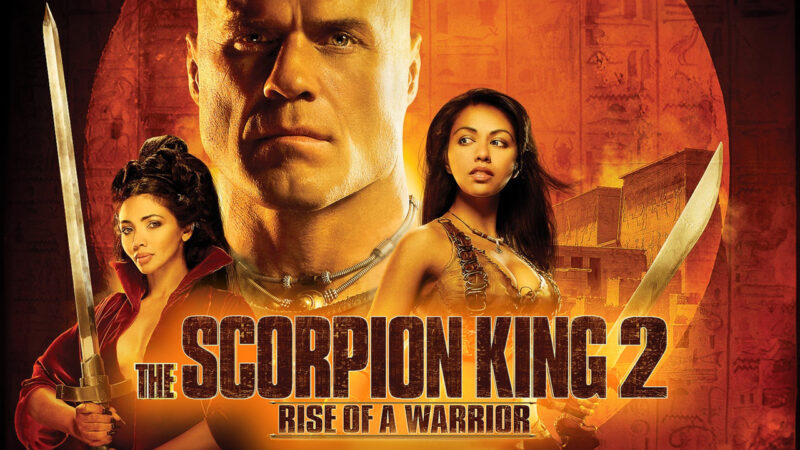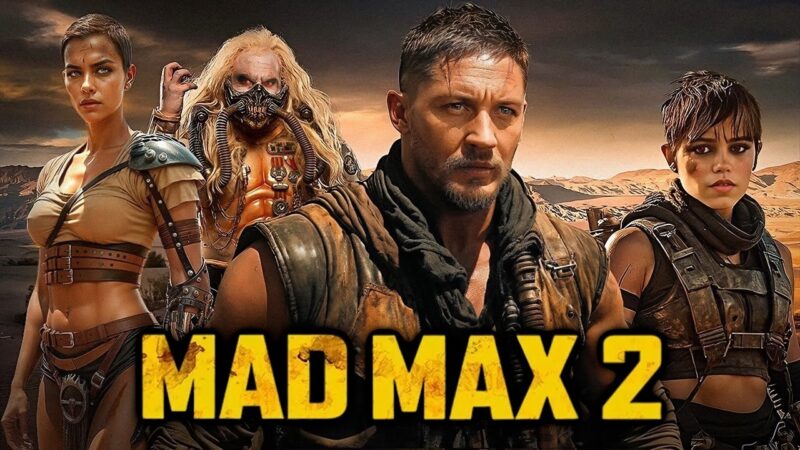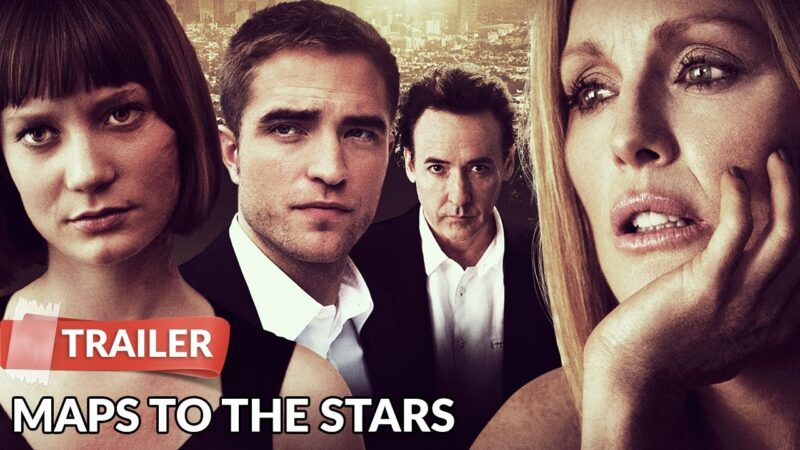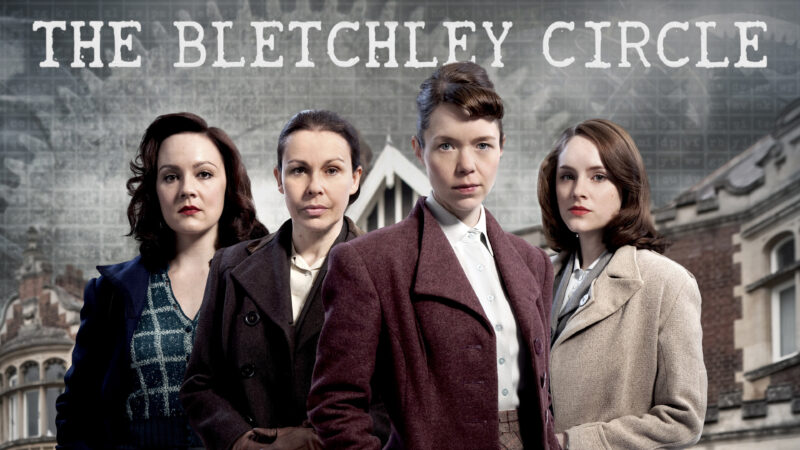A Journey on a Lawn Mower: The Heart of The Straight Story
The Unlikely Pilgrim of the Midwest
In the golden embrace of America’s Midwest, where cornfields sway under endless blue skies, a 73-year-old man named Alvin Straight sets out on a journey that defies imagination. In The Straight Story (1999), directed by David Lynch, Alvin, portrayed with raw authenticity by Richard Farnsworth, is no ordinary traveler. A World War II veteran, frail and cane-dependent, his failing eyesight and lack of a driver’s license leave him with an improbable vehicle: a 1966 John Deere lawn mower, chugging along at a mere 5 miles per hour. His mission? To travel 240 miles from Laurens, Iowa, to Mount Zion, Wisconsin, to reconcile with his estranged brother Lyle, who has suffered a stroke. With a makeshift trailer for supplies, Alvin’s lawn mower hums to life in the autumn of 1994, marking the start of a pilgrimage that is as much about the heart as it is about the road.
Trials on a Slow-Rolling Path
The journey is no Sunday drive. Alvin’s lawn mower, as stubborn as its driver, breaks down days into the trip, leaving him stranded until a kind farmer lends a hand to fix it. Harsh weather, aching hips, and the weight of age test his resolve, yet Alvin presses on, his determination as steady as the mower’s rumble. Along the way, he encounters strangers who become fleeting companions: a runaway teenage girl, a group of cyclists, an elderly couple offering shelter. Each meeting weaves a thread of human kindness into his solitary quest. By a campfire one starry night, Alvin listens to the young girl’s tale of loneliness and shares a story of his daughter, Rose (Sissy Spacek), whose life was scarred by the loss of her child. “Family is the most important thing,” he says, his words heavy with the regret of years spent apart from Lyle, setting the stage for a journey that transcends miles.
A Road Through Memory and Redemption
Alvin’s path winds through more than dusty trails and wheat fields—it is a passage through the landscape of his own life. Each slow mile brings memories of war, of bitter arguments with Lyle, and of moments left unresolved. In David Lynch’s hands, known for surreal masterpieces, this story unfolds with a rare simplicity, letting the Midwest’s serene beauty and quiet moments speak for themselves. The film, scored by Angelo Badalamenti’s gentle folk melodies, invites viewers to linger in Alvin’s reflections, where every turn of the mower’s wheels is a step toward forgiveness. His journey becomes a meditation on aging and the weight of unspoken words, a quest not just to reach Lyle but to make peace with his own past, transforming a humble lawn mower into a vessel of redemption.
A Quiet Reunion Under the Stars
After six grueling weeks of rain, cold, and near defeat, Alvin’s mower sputters to a stop outside Lyle’s modest home in Mount Zion. In the film’s final, heart-wrenching moment, the two brothers, weathered by time and silence, face each other. Lyle, played with understated power by Harry Dean Stanton, asks, “You rode that mower all the way here, Alvin?” A nod, a faint smile, and their eyes lock under a starlit sky—no more words are needed. This silent reconciliation, captured with breathtaking restraint, is the soul of The Straight Story. Premiering at Cannes in 1999 and earning Farnsworth an Oscar nomination, the film stands as a testament to the power of perseverance and love. As the credits roll, Alvin’s journey lingers—a reminder that with a steadfast heart, any distance can be crossed to mend what matters most.
